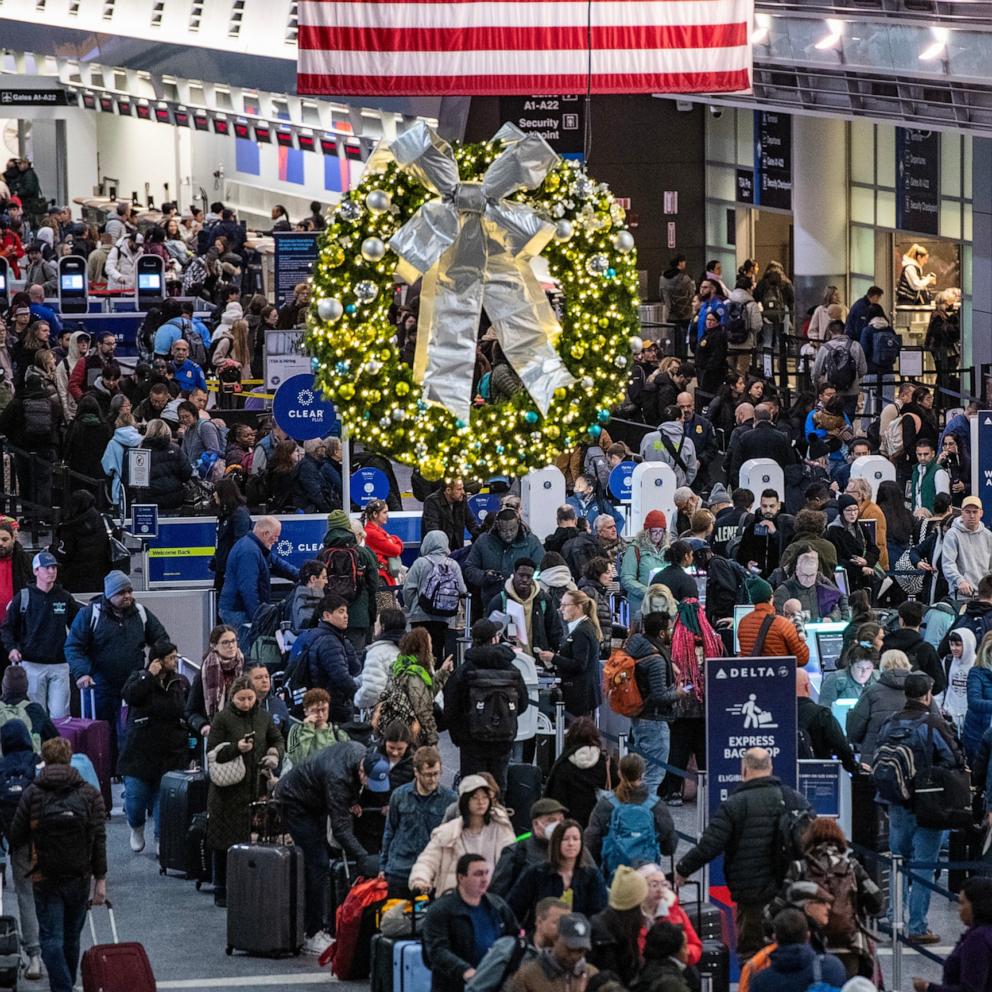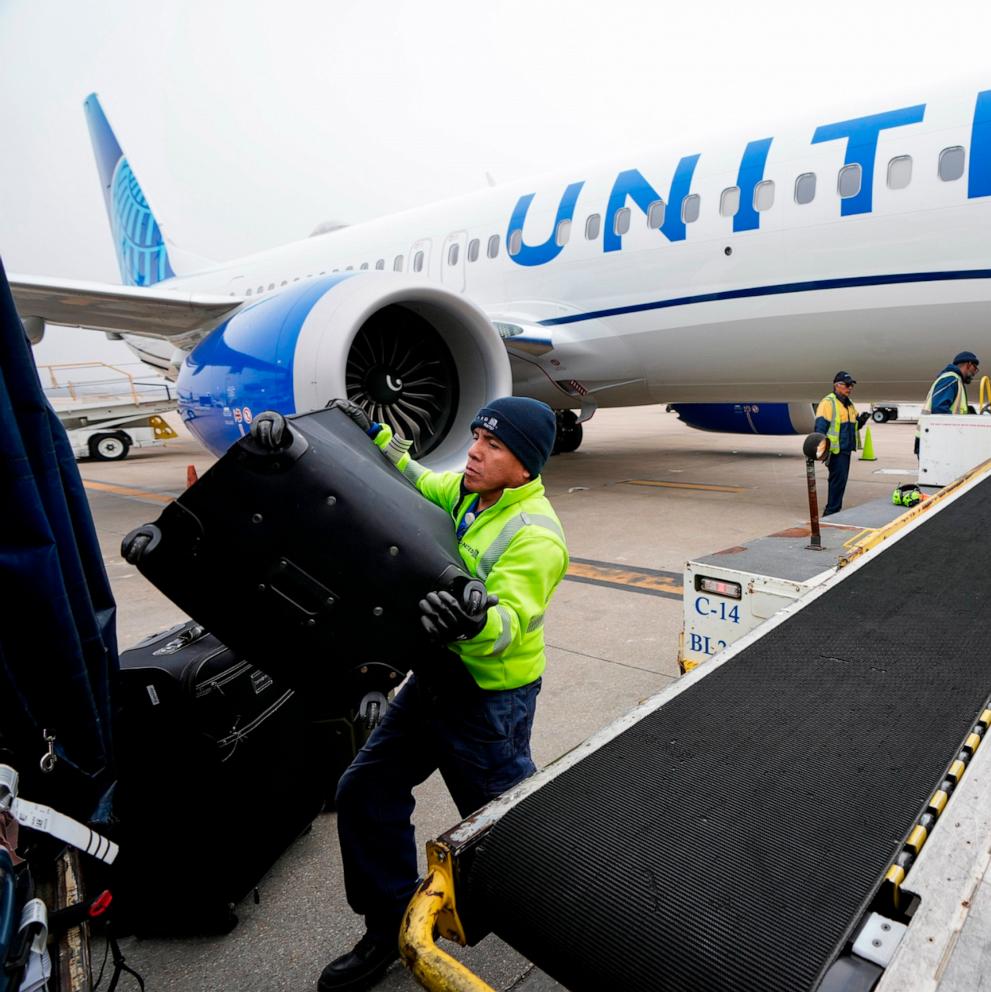War-Zone Archaeologists Saving Babylon
Aug. 6, 2010— -- As American troops pack up their guns and tanks, dismantle bases and stream out of Iraq this month, an intellectual invasion of archaeologists, urban planners and art historians stream in.
Jeff Allen, an American preservation planner, is part of that onslaught.
Contracted by the New York City-based World Monument Fund, a private organization dedicated to preserving architectural and cultural heritage sites, Allen's personal mission is to save the ruins of ancient Babylon.
Located 55 miles south of Baghdad in the culturally and religiously rich Babil province, Babylon is considered the cradle of ancient civilization, home to such architectural marvels as the Tower of Babel, the Ishtar Gate and the Hanging Gardens, one of the Seven Wonders of the Ancient World.
But the historic fabric of the site has been largely denigrated over the last 30 years, first by Saddam Hussein and then by foreign troops.
In the 1980s, Hussein built an ostentatious palace and hosted nationalistic festivals on the site.
"The Hussein restorations at Babylon are typical of a lot of construction undertaken by Saddam -- puffed up in scale, fairly tacky and covered with images of him being a great guy," Allen said by phone from his home in Cairo.
Stay Up to Date on the Latest Travel Trends from ABC News on Twitter
After the 2003 American invasion, Hussein's modern amenities made Babylon an attractive outpost to troops advancing through southern Iraq. Exploiting existing fortifications and landing pads, U.S. and Polish troops established a helicopter base dubbed Camp Alpha on the ruins of ancient Babylon.



